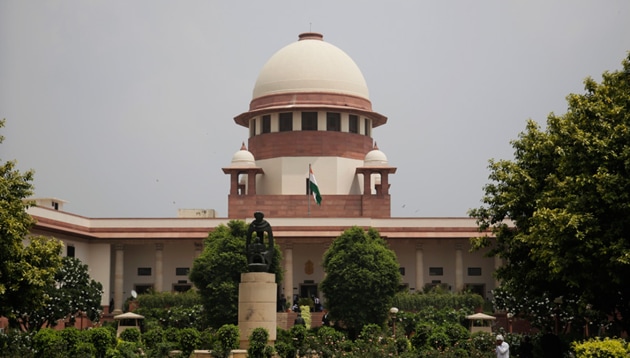SC to decide on bench for EWS reservation pleas
The bench is hearing petitions challenging the Constitution (One Hundred and Twenty-Fourth Amendment) Act, 2019, filed on the grounds that economic criterion cannot be the sole basis for reservation.
The Supreme Court (SC) on Tuesday said it would decide whether a two-judge bench will hear the pleas challenging the validity of the Constitutional amendment granting 10% reservation in jobs and admissions under the economically weaker section (EWS) category or to refer them to a bigger Constitution Bench.

The arguments in the matter remained inconclusive and the court will continue with the hearing on Wednesday. The SC earlier refused to put on hold the quota under the EWS category.
“Reservation is an exception to the concept of equality and it is intended to achieve equality of opportunity,” a Justice S A Bobde-led bench told the parties appearing in the matter.
The bench is hearing petitions challenging the Constitution (One Hundred and Twenty-Fourth Amendment) Act, 2019, filed on the grounds that economic criterion cannot be the sole basis for reservation.
Senior advocate Rajeev Dhavan, who appeared for one of the petitioners, asked the bench to first adjudicate whether the matter should be referred to a larger bench and if an interim relief can be granted till then.
“In principle, we do not want to proceed with a matter and then in between come to a conclusion that it has to be referred to a Constitution bench,” the bench observed after attorney general K K Venugopal agreed with the court’s suggestion to advance arguments on whether the issue needs to be referred to a Constitution bench.
The Centre has opposed the petitions.
Dhavan said the question which the court is required to deal with is whether the amendment violates the basic structure of the Constitution.
Senior advocate Gopal Shankaranarayanan, who appeared for another petitioner, said the overall 50% ceiling for reservations cannot be breached.
The 10% EWS quota would be in addition to the existing reservations and breaches the 50% ceiling the Supreme Court has fixed.






